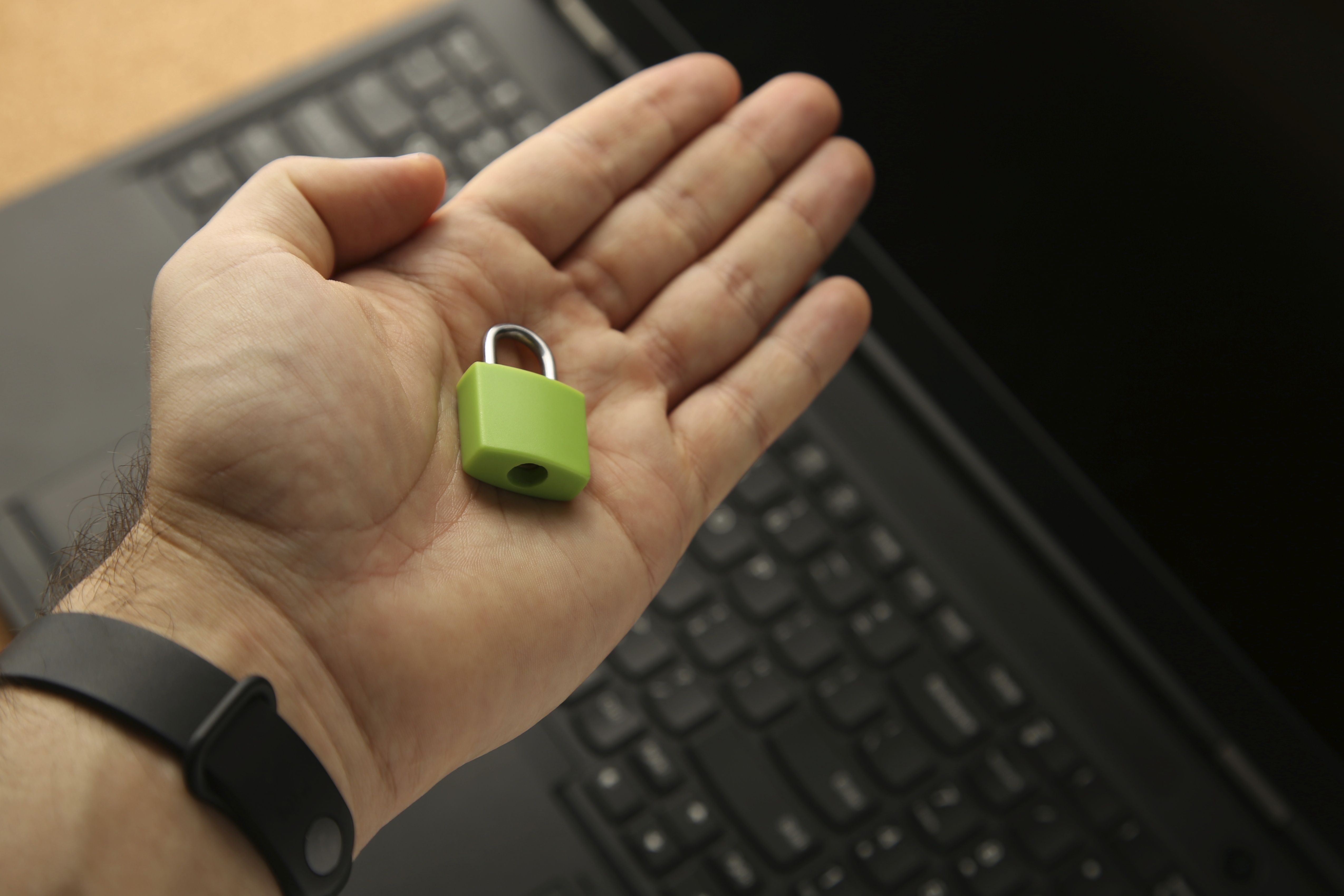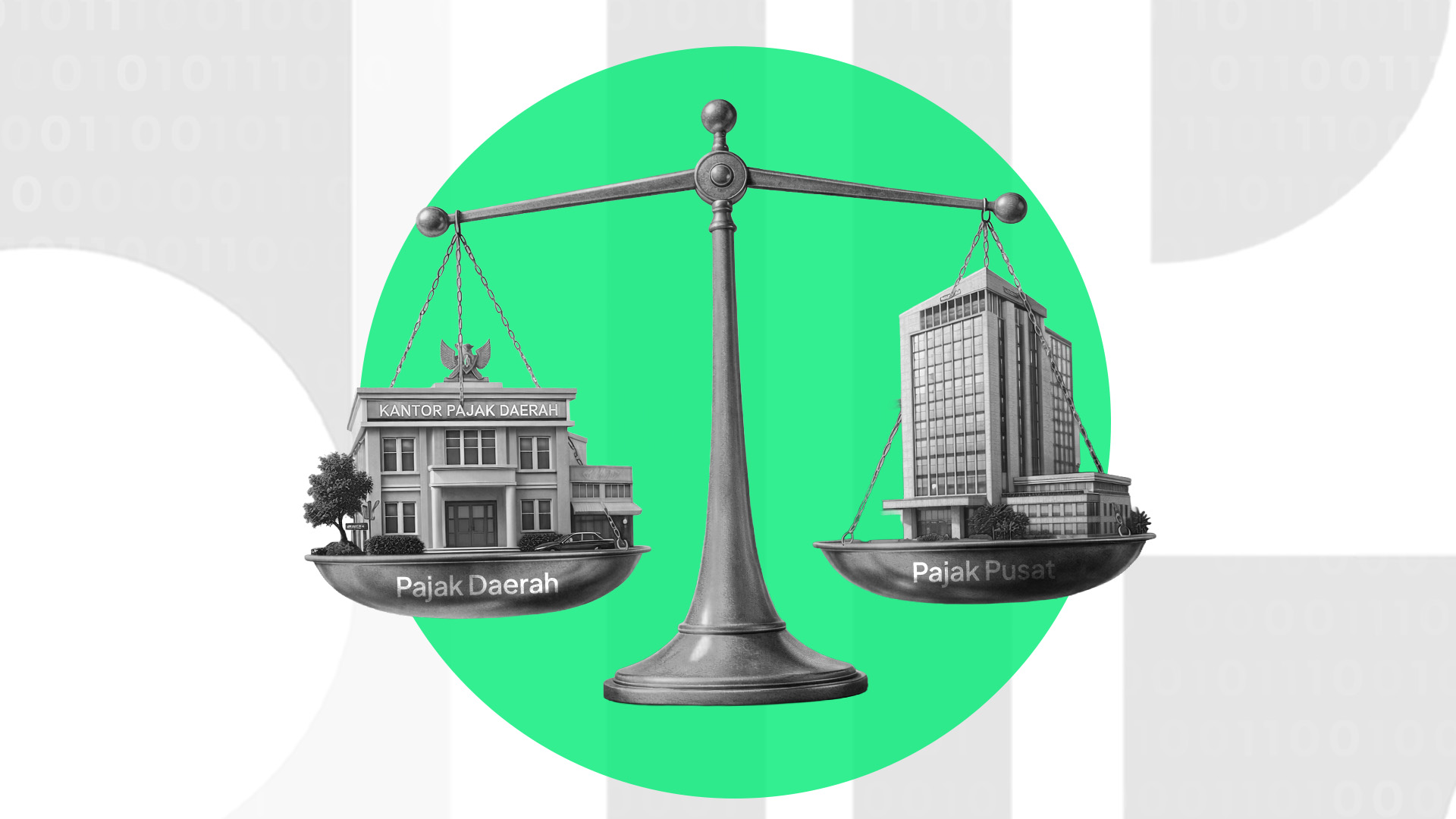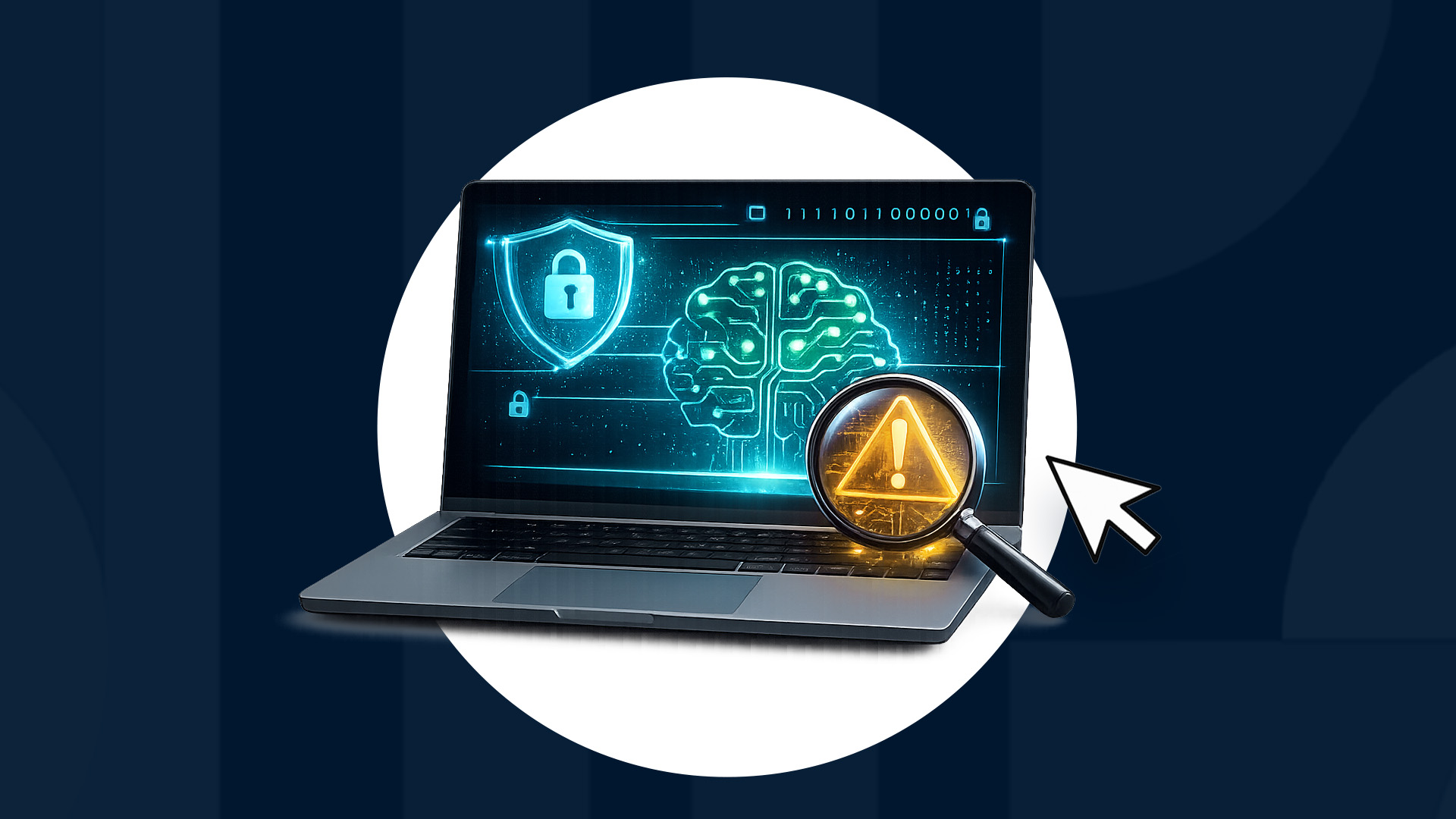Indonesia regulates personal data protection under the Personal Data Protection Law (PDP Law). This law aims to protect individual privacy rights by governing the collection, use, and management of personal data.
Understanding the Personal Data Protection Law
Indonesia's PDP Law, Law No. 27 of 2022, serves as the legal foundation for protecting our privacy rights concerning personal data. It covers various provisions such as consent of data owners, rights of access and correction, and obligations to notify data breaches. The PDP Law is expected to enhance awareness and responsibility in safeguarding personal data in the digital era.
Key Aspects of the PDP Law
1. Types of Personal Data
- General Personal Data: Includes name, email address, and phone number.
-Specific Personal Data: Encompasses sensitive information like health records, political beliefs, and fingerprints.
2. Rights Over Personal Data
- Control over what data is stored.
- Access to one's data.
- Correction and deletion of incorrect data.
- Restriction and objection to data processing.
3. Obligations of Data Controllers
- Transparency in data use.
- Obtain consent before processing data.
- Ensure data security to prevent breaches.
The Importance of Personal Data Protection
1. Preventing Data Misuse: Minimizes misuse of personal data for illegal activities like identity theft.
2. Enhancing Security and Privacy: Ensures individuals' personal information is well-protected.
3. Complying with International Standards: Aligns Indonesia's regulations with global data protection standards like the GDPR.
4. Protecting Human Rights: Safeguards the right to privacy, a fundamental human right.
5. Preventing Financial Losses: Protects against financial fraud and theft using personal data.
Definition and Types of Personal Data
Personal data is defined as information that directly or indirectly identifies an individual. Beyond the general and specific categories, data can also be classified based on its usage context:
- Personal Identity: Full name, address, date of birth, national ID or passport number.
- Financial Data: Bank account and credit card numbers, financial transaction details.
- Health Information: Medical records, health history.
- Biometric Data: Fingerprints, retina scans, facial recognition data.
How to Protect Personal Data
1. Store personal data in encrypted formats to enhance security.
2. Avoid using public WiFi or use VPNs to protect data.
3. Prevent phishing attacks by not clicking on unknown links.
4. Be careful about sharing personal information on social platforms.
5. Download apps only from trusted sources like Google Play Store or App Store.
6. Strengthen Passwords: Use complex passwords and avoid easily guessable information.
7.Keep operating systems and antivirus programs updated to protect against new vulnerabilities.
Importance of Identity Verification for Personal Data Protection
Identity verification ensures that stored or used data belongs to the rightful individual. It's crucial for protecting personal data from theft, fraud, and unauthorized access. Verification methods include:
1. Email and Phone Verification: Sending verification codes to registered emails or phone numbers.
2. Two-Factor Authentication (2FA): Adding an extra layer of security by requiring a verification code after entering a password.
3. Biometric Verification: Using unique personal characteristics like fingerprints or facial recognition, which are difficult to fake and provide the highest level of security.
Using advanced verification technology, such as offered by VIDA, can effectively protect personal data. VIDA employs biometric verification and liveness detection technology to secure personal data, catering to various business needs.
Jun 25, 2024
Personal Data Protection: The Importance of Laws in the Digital Era
Personal data protection in Indonesia is regulated under the Personal Data Protection Law. How does this law regulate it? Check this out!


Types of Taxes and the Convenience of the Coretax System
Learn about the different types of taxes in Indonesia, their benefits, and how Coretax supports secure, integrated tax reporting.
February 11, 2026
.jpeg)
The New Digital Crime Economy: Why AI-Driven Fraud Syndicates are the 'Startups' of the New Era
AI-powered attacks—such as large-scale deepfake attacks, synthetic identity fraud, and automated device farms—are effectively eroding trad...
February 03, 2026

AI Used for Fraud Detection: How Does It Work?
Fraud is becoming harder to detect with traditional methods. Learn why AI is reshaping how organizations identify and prevent digital fraud...
January 28, 2026
.png)